Prologue: A Gun, A Park, A Lie
On the night of March 21, 2012, Rekia Boyd, a 22-year-old Black woman from Chicago, was standing with friends near Douglas Park on the city’s West Side. It was just after 1:00 a.m. when an off-duty detective, Dante Servin, pulled up in an unmarked car.
What happened in the next 30 seconds would ignite protests, prompt national outrage—and expose just how little justice there is when the shooter wears a badge.
Rekia didn’t have a weapon. She didn’t pose a threat.
Yet she was shot in the back of the head.
She died less than 24 hours later.
Who Was Rekia Boyd?
Rekia was a bright, warm-hearted young woman with dreams of becoming a cosmetologist. She was the kind of person who made friends easily, laughed often, and lived with passion. Family described her as “bubbly,” “loyal,” and “loving.”
She was the youngest of four siblings and deeply close to her older brother, Martinez Sutton.
“She was more than a hashtag. She was my sister. My best friend.”
— Martinez Sutton
The Shooter: Detective Dante Servin
Servin had worked for the Chicago Police Department for over a decade. That night, he claimed he was off-duty and responding to complaints about “loud music and loitering” near the park, which was across from his home.
When he saw Rekia and her friends gathered near the curb, he confronted them from his car. Words were exchanged. One of the men, Antonio Cross, allegedly made a gesture Servin interpreted as a threat.
Servin responded by firing five rounds out of his car window into the group.
He later claimed he believed Cross had a gun.
Cross, in fact, was holding a cell phone.
The Shooting: Facts and Lies
One bullet struck Antonio Cross in the hand.
Another struck Rekia Boyd in the back of the head.
She collapsed immediately and never regained consciousness.
She died the next day—unarmed, unsuspecting, and innocent.
No weapon was ever recovered.
No immediate arrest was made.
Servin returned to work shortly after, while Rekia’s family buried their daughter.
Public Outcry and Delayed Charges
It took nearly two years for Servin to face charges.
In 2013, he was indicted—not for murder—but for involuntary manslaughter, reckless discharge of a firearm, and reckless conduct.
Activists and legal scholars were stunned. Why not charge him with second-degree murder? Why was recklessness, not intent, the foundation of the case?
“They chose a charge they knew couldn’t stick. It was legal theater,”
— Rekia’s family attorney
Rekia’s case became a rallying cry for activists in Chicago and across the country. It exposed the loopholes in police accountability, especially in cases involving Black women.
She was killed just months before the world learned the name Trayvon Martin. Yet Rekia’s name never reached the same volume.
The Trial: A Legal Farce
In April 2015, Judge Dennis Porter dismissed all charges in a directed verdict before the defense even presented its case.
The reasoning?
The judge claimed the prosecution’s own charges were flawed. By charging recklessness, they contradicted the fact that Servin intentionally fired his weapon.
Because the prosecution didn’t pursue intentional murder charges, the judge ruled there was no legal basis for conviction.
Servin walked out of court a free man—and never served a day in prison for Rekia Boyd’s death.
Aftermath: Outrage and Action
The verdict sparked protests across Chicago.
“Justice for Rekia” signs flooded the streets.
So did the cries of Black women who were tired of being forgotten in the conversation about police violence.
“They always remember the brothers. But what about us?”
— Protester at 2015 demonstration
Rekia’s brother, Martinez Sutton, became a tireless advocate—traveling the country, speaking at rallies, appearing on news shows, demanding that Black women victims of state violence not be erased.
Systemic Silence: Why Rekia Was Ignored
Rekia’s story illustrates a dangerous pattern:
- Black women are disproportionately victims of police violence, yet often excluded from mainstream narratives.
- Media coverage of her case paled in comparison to male victims.
- Legal protections for officers, including qualified immunity, made accountability nearly impossible.
In 2016, a year after his acquittal, Servin quietly resigned from the police force with full pension benefits.
Legacy: Rekia’s Voice Lives On
Though the legal system failed, Rekia’s death became a spark in the broader Say Her Name movement—an intersectional campaign highlighting Black women and girls killed by police.
Artists painted murals.
Poets wrote elegies.
Activists spoke her name at marches alongside Sandra Bland, Breonna Taylor, and Atatiana Jefferson.
Rekia’s face became part of the national tapestry of grief—and resistance.
“They killed my sister and blamed the law. But I’m still here. And I won’t stop until the world knows who she was.”
— Martinez Sutton

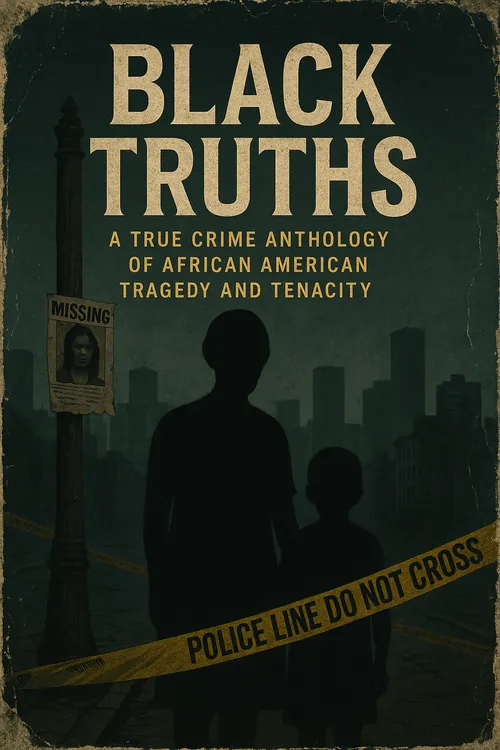




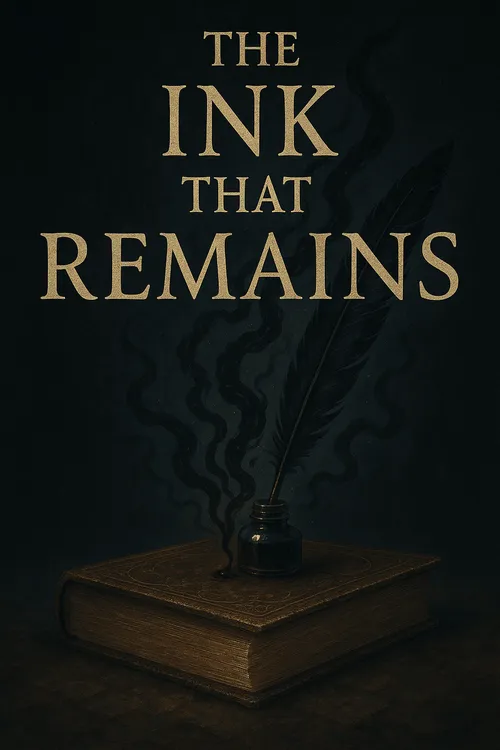


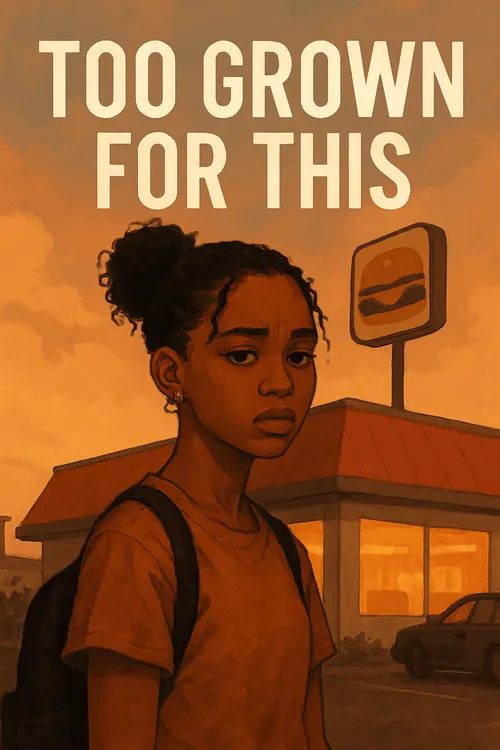
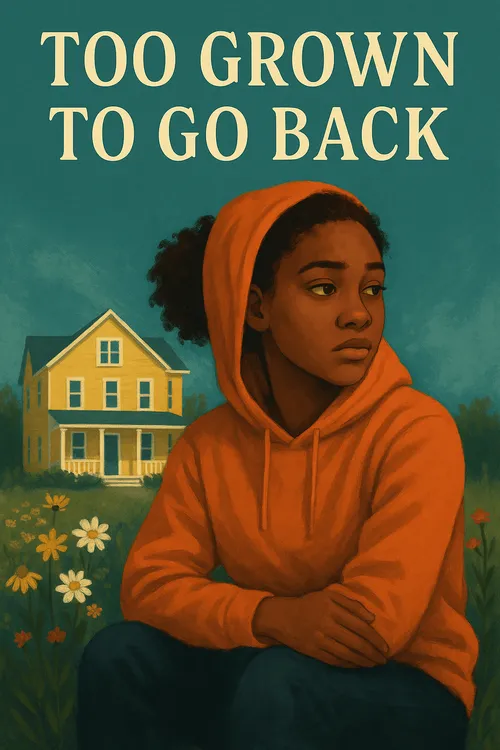
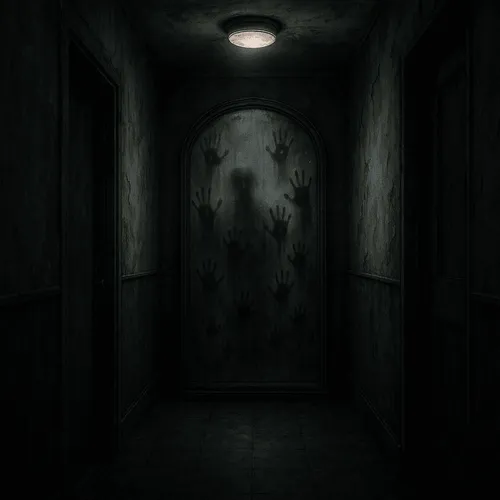
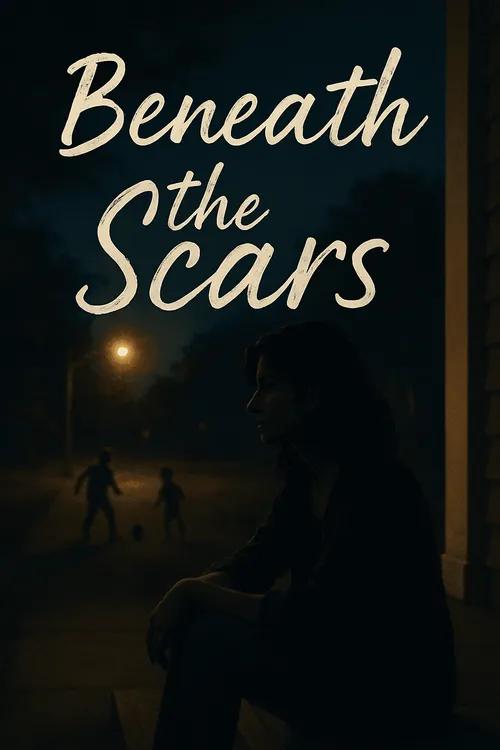




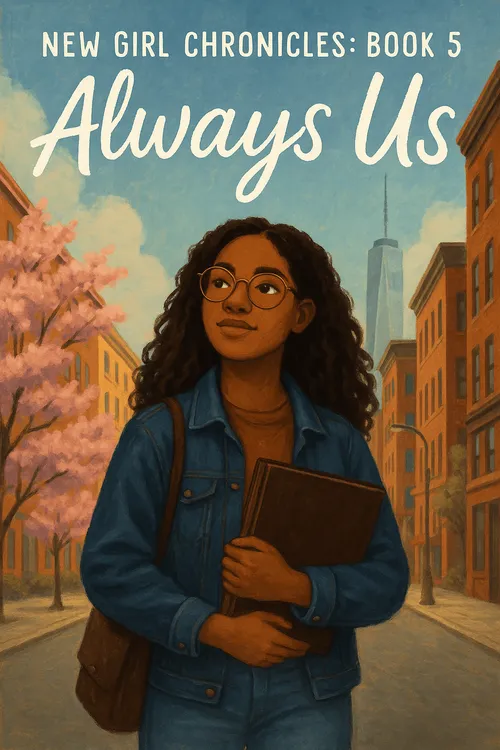


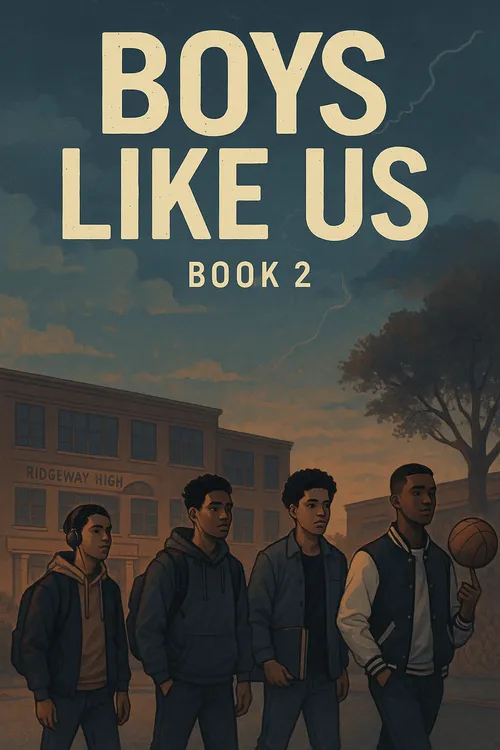
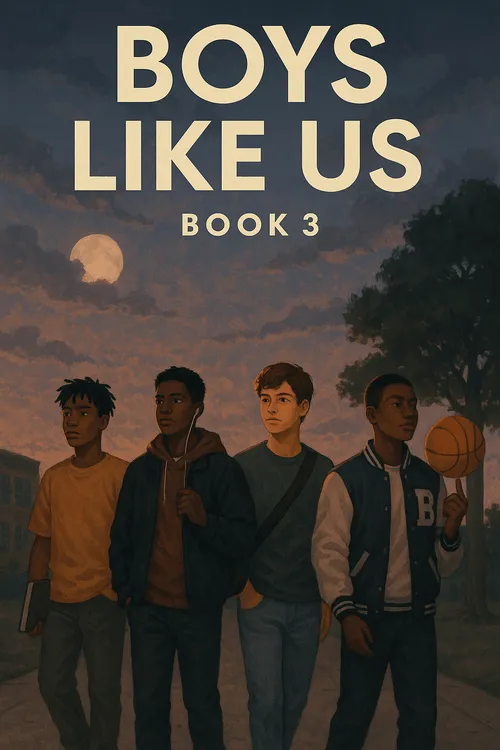
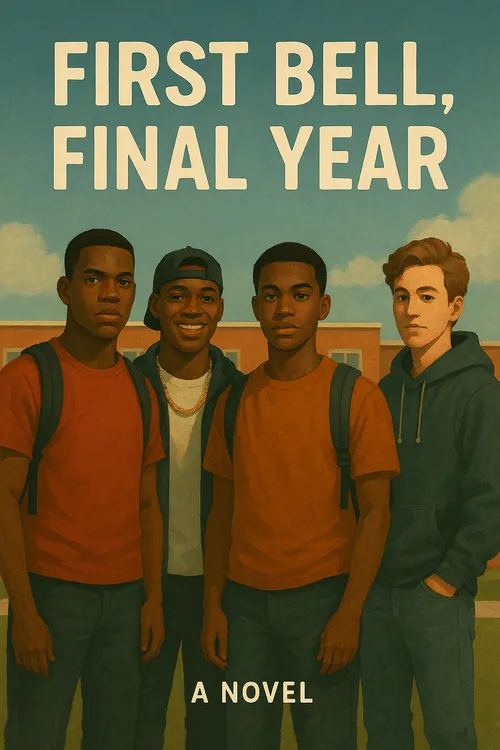
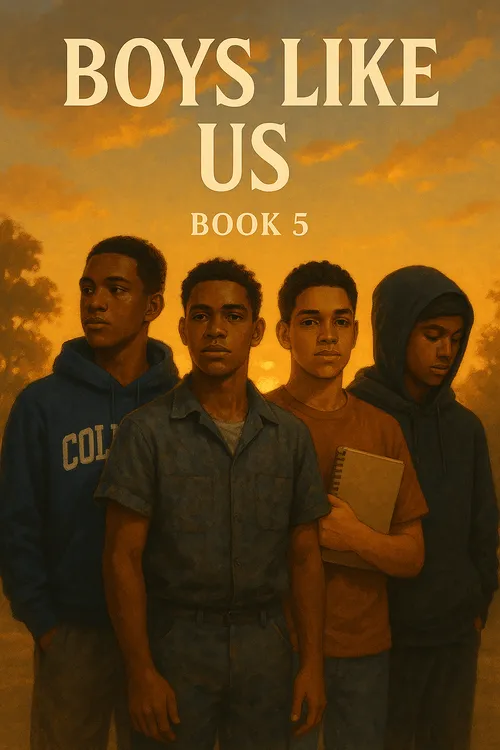
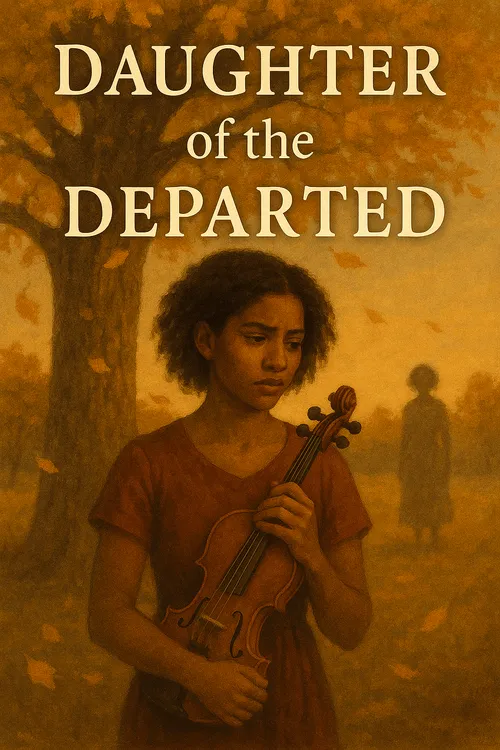
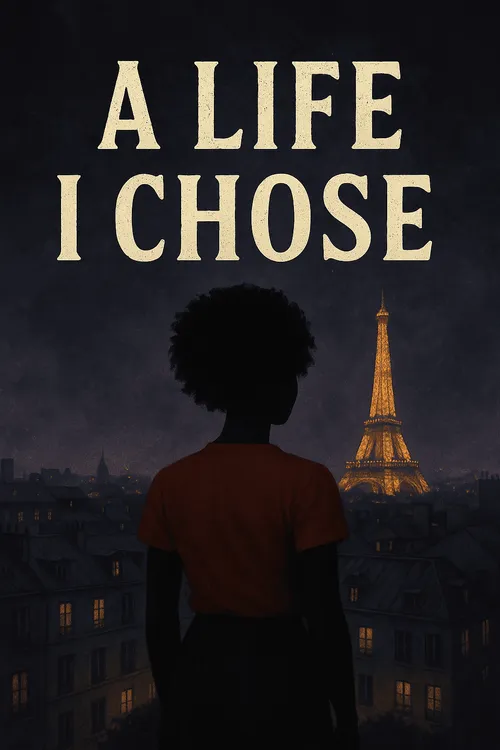


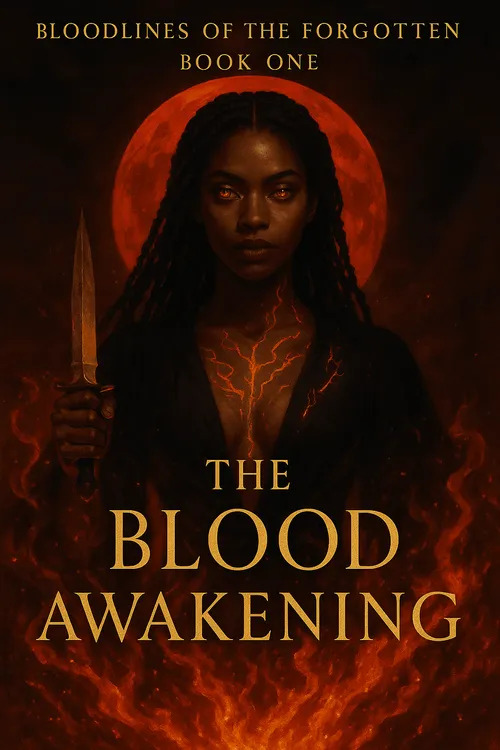
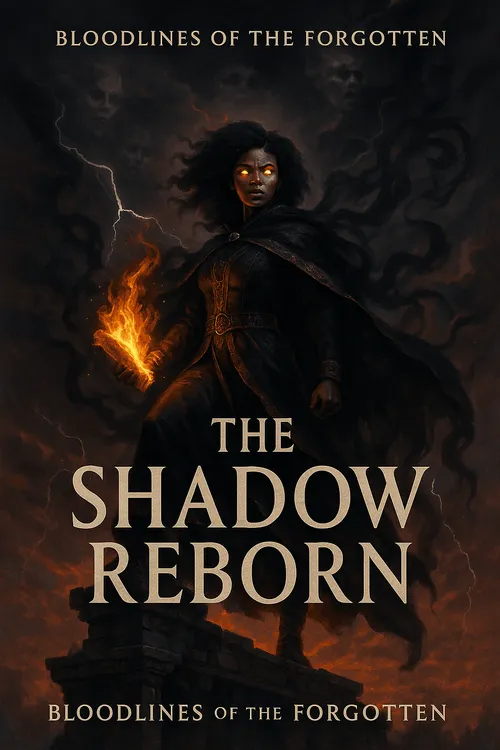
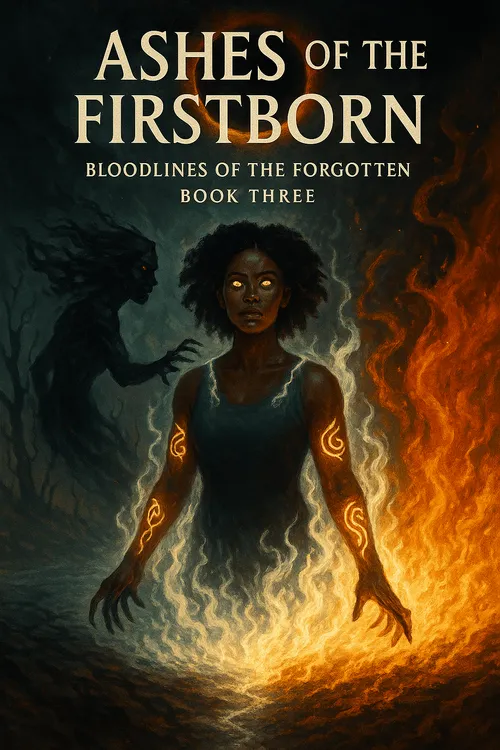
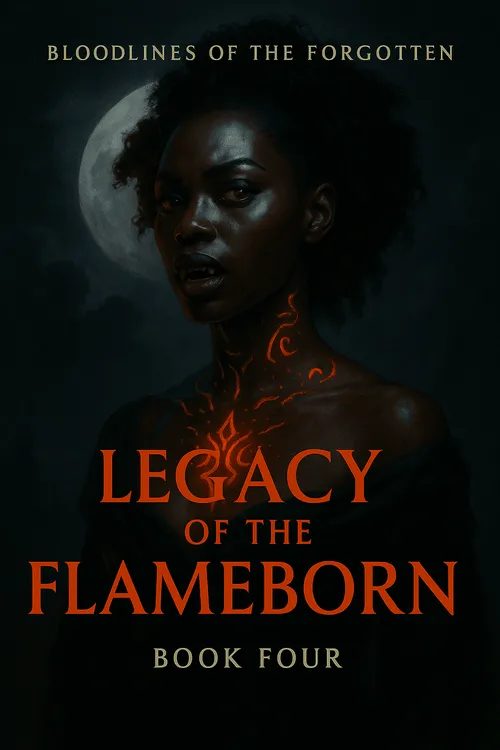
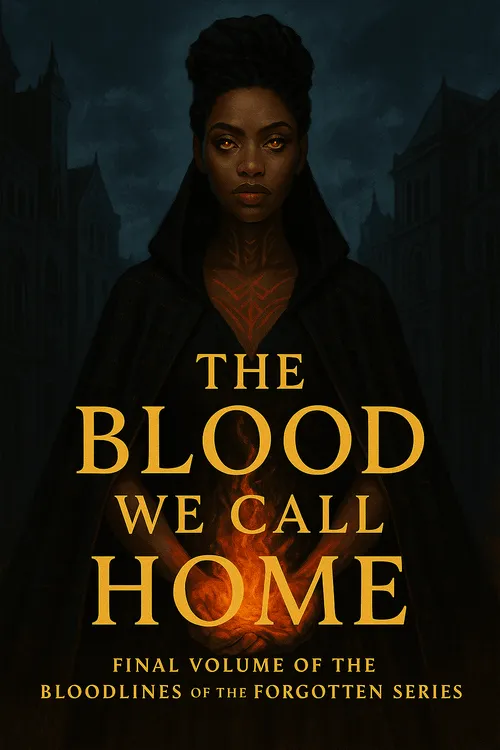
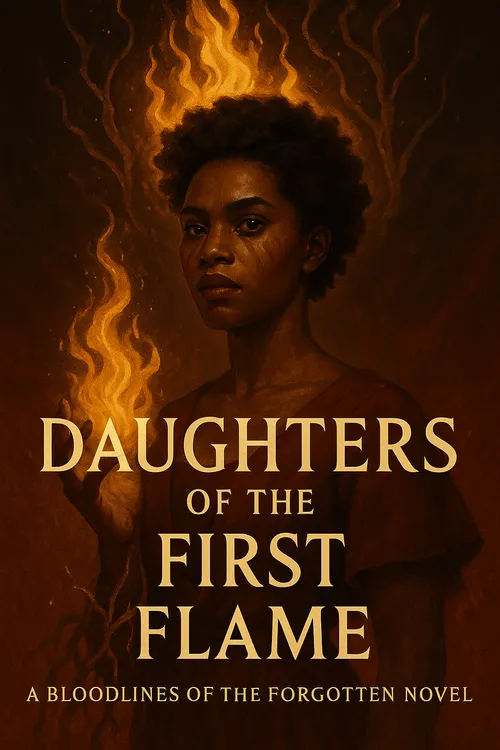
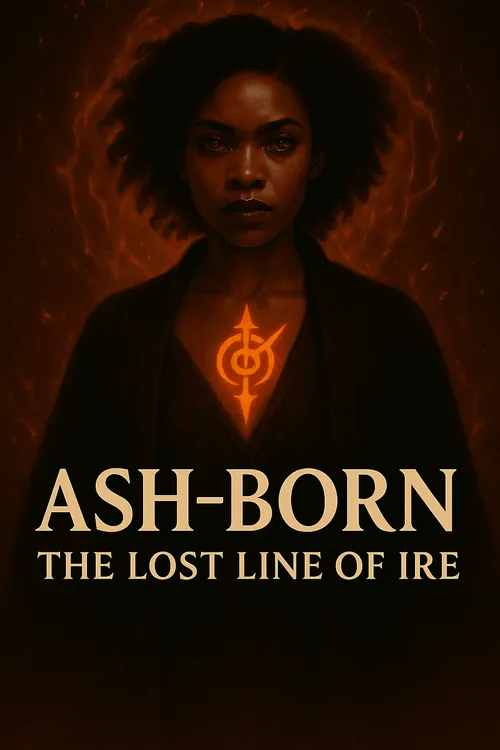

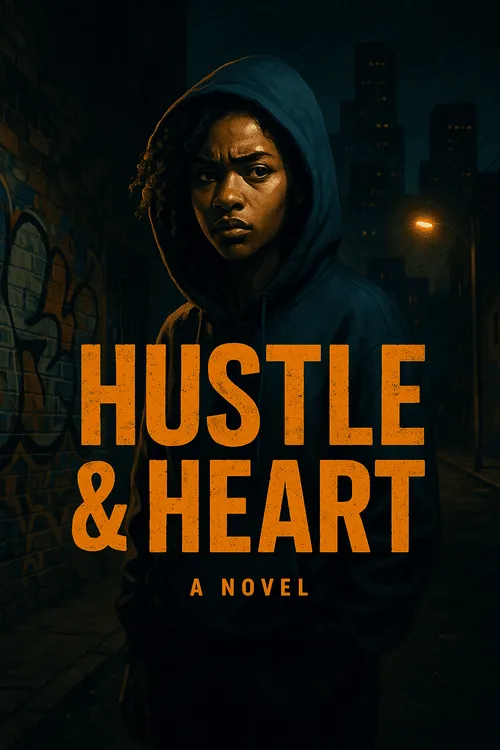

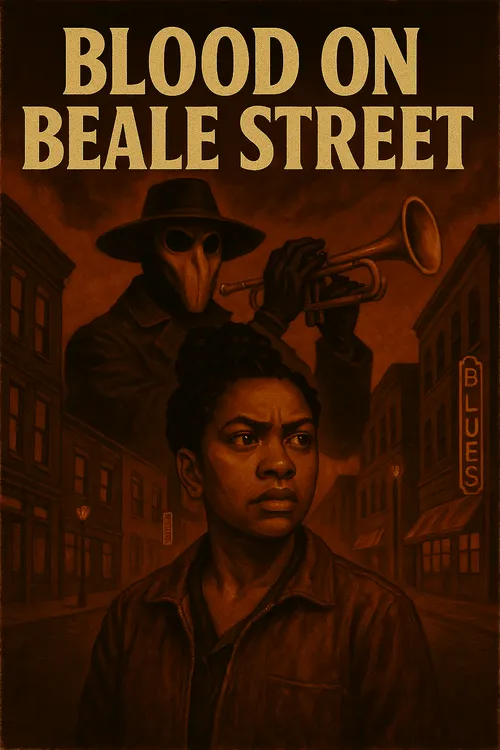
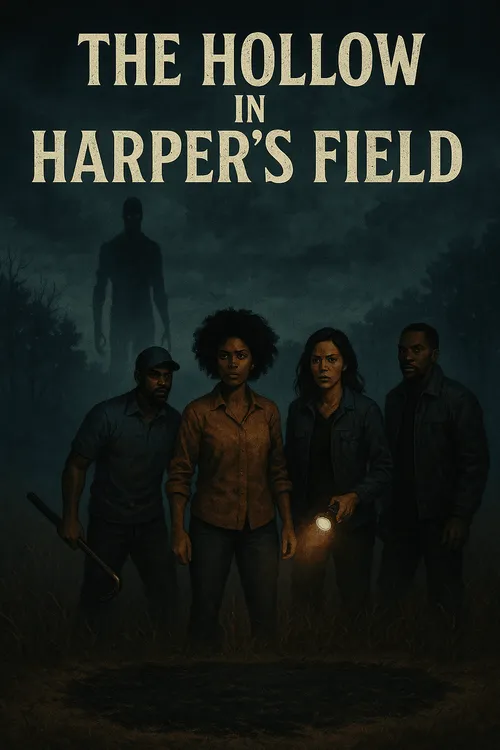
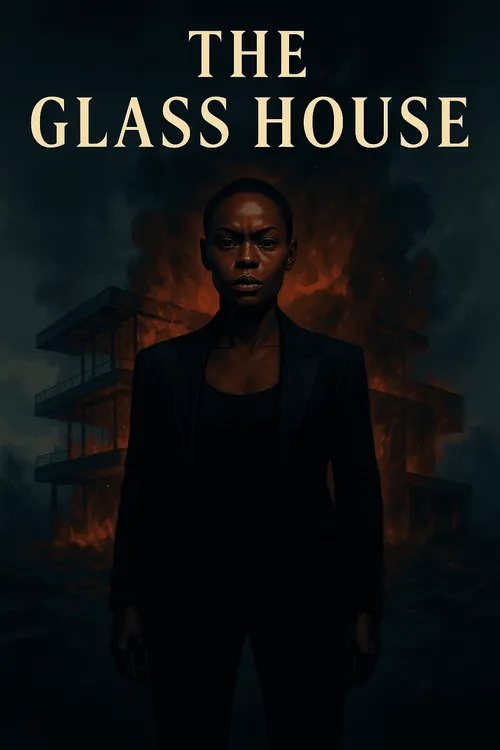



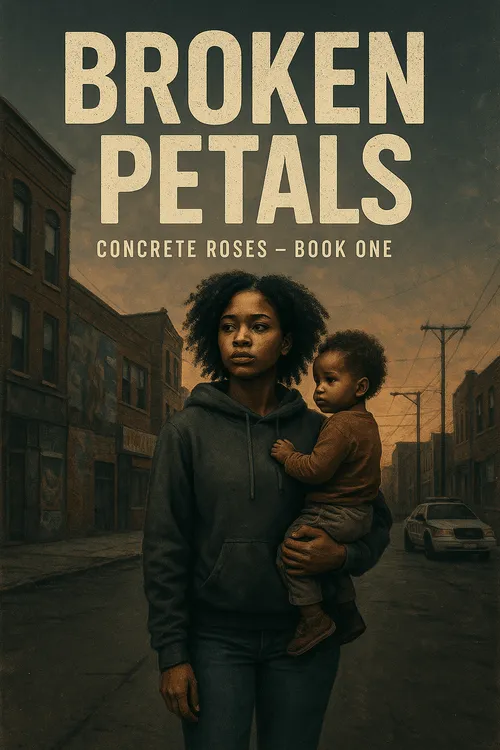
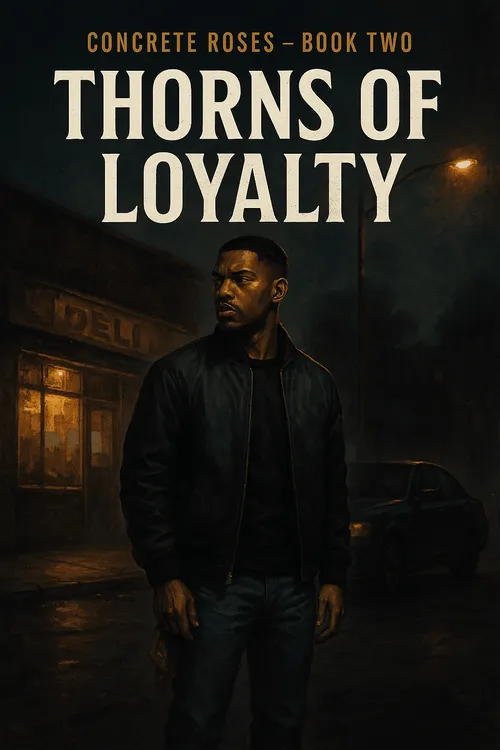
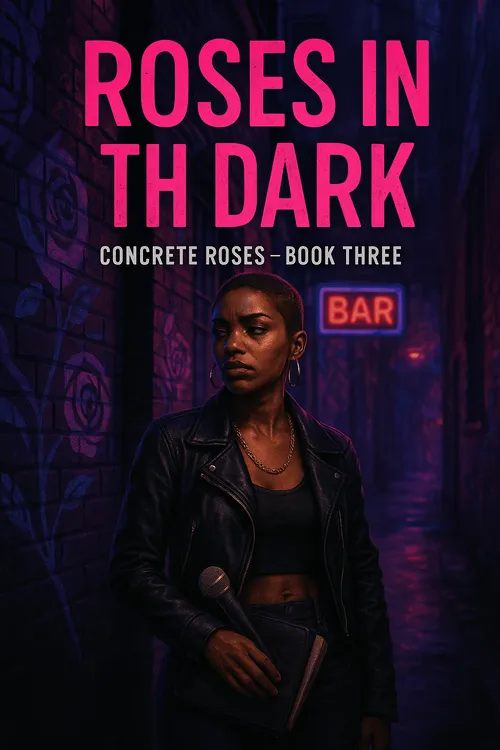
This story has not been rated yet. Login to review this story.